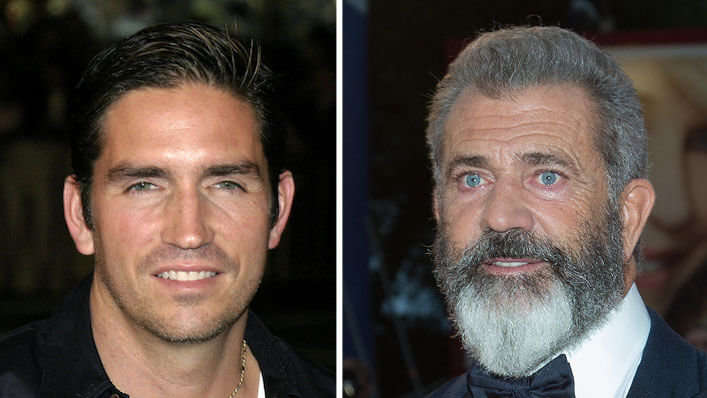The Passion Of The Christ has a sequel on the way, and Newsweek Chief Correspondent Paul Bond reached out to our publisher, J.D. Hall, to get his perspective. In an article titled Mel Gibson’s Passion of the Christ sequel could alienate evangelicals, Bond gives the history of the 2004 international blockbuster, describes how the director courted evangelicals and Roman Catholics when the movie was first released, and describes what challenges the new movie may have that it did not 15 years ago.
Tentatively titled “The Ressurection of the Christ‘ and currently in pre-production, the film brings back director Mel Gibson and Jesus actor Jim Caviezel for a script that is rumored to take place directly after the death of Christ, and is to depict at some point the “the harrowing of hell.”
The “harrowing,” a medieval term used to describe the plundering and ravaging that takes place during times of war, is a theological riff on the line “he descended into hell” in the Apostles’ Creed. It’s the doctrinal belief that Christ triumphantly descended into hell (or hades) between the time of his crucifixion and his resurrection, and that it is during this time he is alleged to have brought salvation to the souls held captive there since the beginning of the world – in effect plundering and rescuing them. The belief is that it wasn’t just Jesus’ death on the cross that accomplished all it did, but rather he had to put it in the work in hell as well in order to bring about full salvation.
Proponents of it, particularly Roman Catholics, point to the scripture in 1 Peter 3:18-20 as the prooftext for such a belief, though it’s pretty evident it’s a bit of a stretch.
“For Christ also died for sins once for all, the just for the unjust, in order that He might bring us to God, having been put to death in the flesh, but made alive in the spirit; in which also He went and made proclamation to the spirits now in prison, who once were disobedient, when the patience of God kept waiting in the days of Noah, during the construction of the ark, in which a few, that is, eight persons, were brought safely through the water.”
As one might imagine, the imagery in such a film would be particularly vivid. The article goes on to quote J.D. Hall on the veracity of the doctrine as described, a belief he flatly rejects.
“J.D. Hall, for instance, a controversial Baptist preacher who runs Pulpit & Pen, a website visited by about one million Christians a month says, “The concept of Christ descending into hell is less scripture and more a manufacturing of the Roman Catholic Church.”
The author goes on to point out other problems the movie may encounter, apart from the uncomfortable relationship evangelicals may have with “the harrowing of hell.” This includes Gibson’s personal life, which has taken a beating since he was held in much higher esteem 15 years ago. His divorce, DUI, children out of wedlock, skirt-chasing, violent temper, and racist rants all tend to do that to a person.
Other objections include the fact that the entire film is a second commandment violation. Bond writes:
“There may be other objections, too. J.D. Hall was among the faith leaders who pre-screened Passion. His response was mostly positive, but he says he now views artistic portrayals of Jesus as violations of the Second Commandment’s ban on the worship of “graven images.” He’s not planning to see Resurrection when it comes out. “Jesus is the most famous and interesting person who ever lived, so there will be a sizable market for Resurrection,” Hall says. “But idolatry includes Jim Caviezel playing Christ. They’re commercializing the Son of God. If Jesus returned and walked into a theater playing this movie, he’d turn over the tables of the money changers.”











